To curb the rising threat of fungal infections, researchers crafted iron oxide nanoparticles as speedy, effective, and inexpensive antifungal agents.
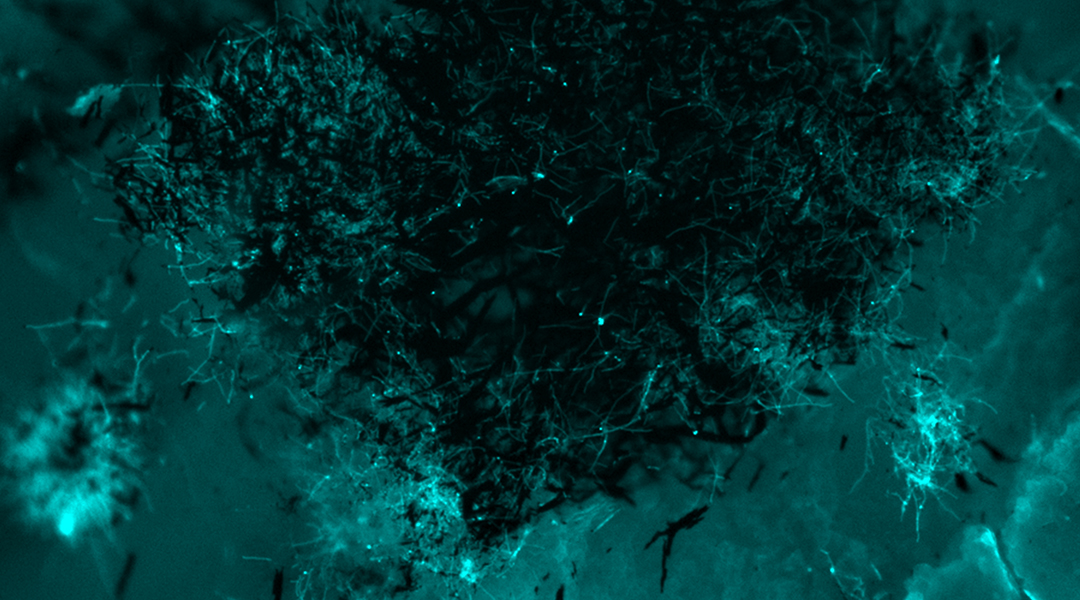

To curb the rising threat of fungal infections, researchers crafted iron oxide nanoparticles as speedy, effective, and inexpensive antifungal agents.

To minimize inflammation in IBD, scientists have developed a synthetic enzyme that targets multiple problematic pathways.

To understand CBD’s impact and the risks associated with consumption, researchers explore how a fellow brain cell prevents toxicity in neurons.
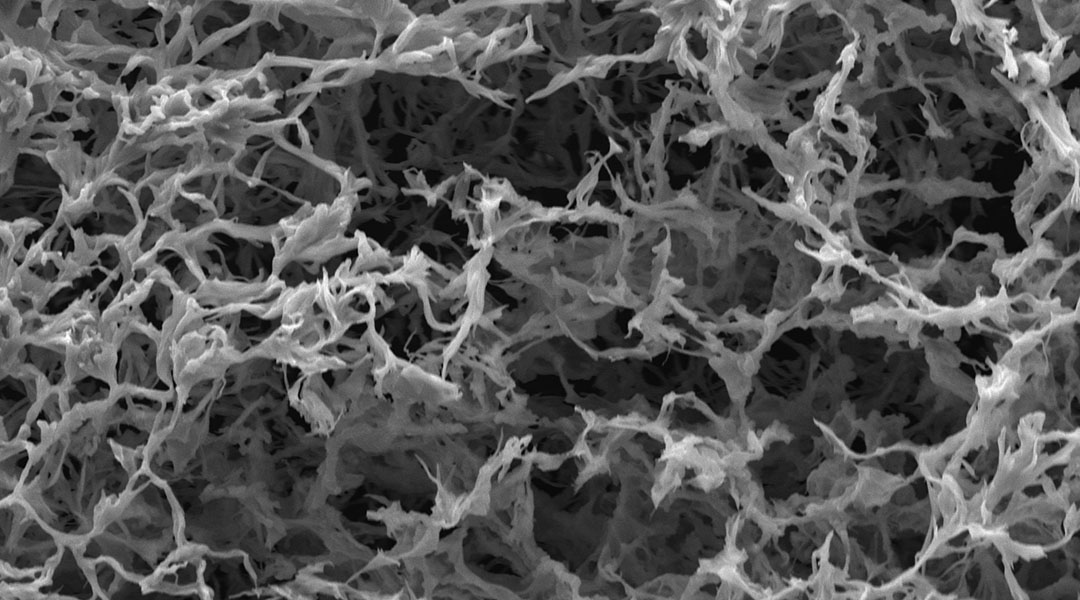
This clever drug delivery platform could improve HIV patients’ adherence to treatment and help eradicate the virus.
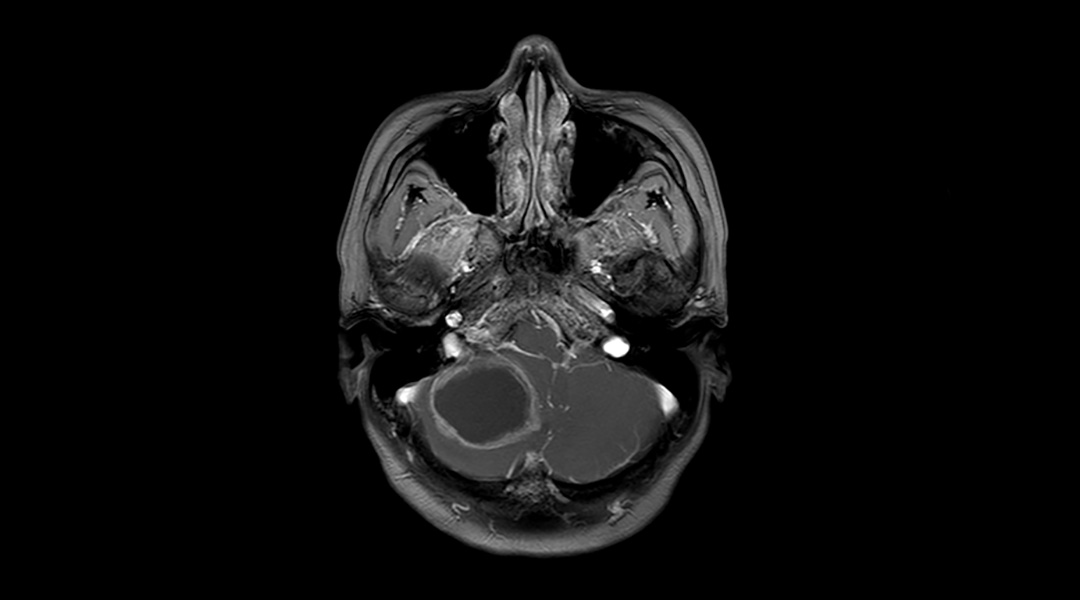
Inspired by brain-invading bacteria, researchers have created nanocapsules that covertly shuttle drugs across the blood–brain barrier.

A shape-shifting robot can access hard-to-reach locations in the GI tract, and is a step up from conventional endoscopic techniques.

The antipsychotic medication aripiprazole has been shown to help adults over 60 with treatment-resistant depression.
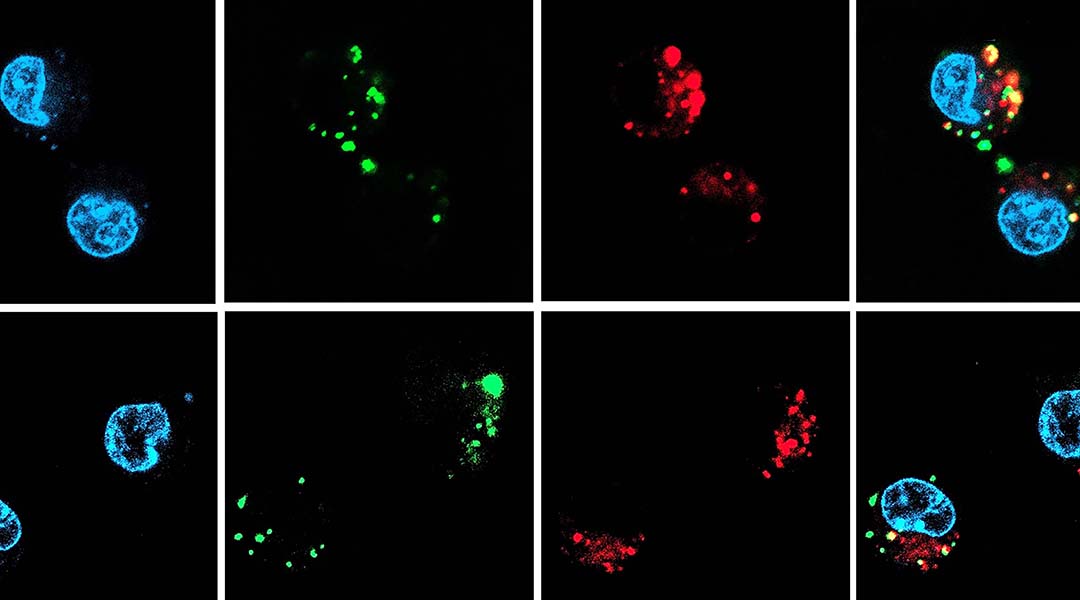
Drugs based on nucleic acids are easily degradable and tough to deliver, but a way around this is to coat them in protective carrier.
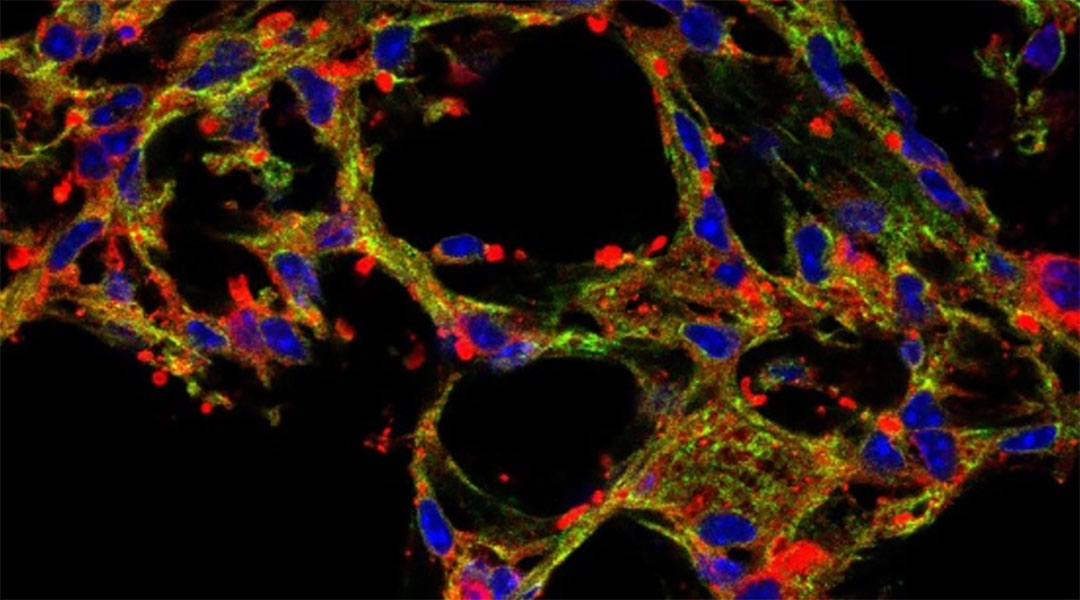
An inhaled drug carrier helps minimize side effects while delivering drugs to the lungs to treat diseases such as pulmonary fibrosis.
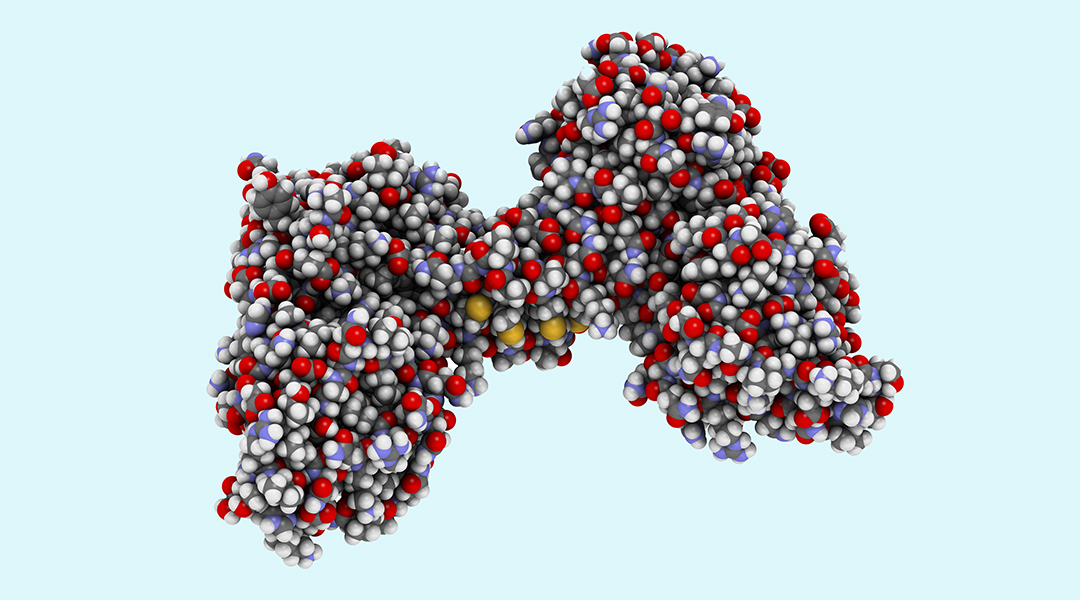
Important findings from an animal study have prompted the exploration of a gene therapy for Duchenne muscular dystrophy in an ongoing human trial.